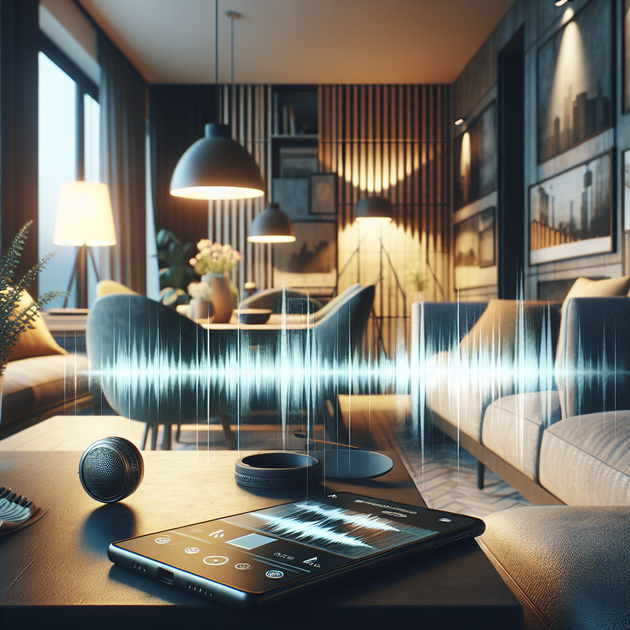Ever invited a home improvement salesperson over for an estimate and wondered if the conversation was just between the two of you? In many one-party consent states, there’s a high likelihood that your chat is being recorded—and analyzed by artificial intelligence—without your explicit permission. It’s a growing trend that’s catching most homeowners off guard.
What Is One-Party Consent and Why Does It Matter?
“One-party consent” is a legal term that means only one person involved in a conversation needs to agree for it to be lawfully recorded. In the context of sales visits at home, this allows companies to record their reps’ interactions with customers—without ever telling homeowners that tape is rolling. For reference on which states have these laws and what they mean for privacy, check out this compilation of state recording laws.
What most people don’t realize is that these recordings aren’t just being saved for training or quality control. Increasingly, companies are using sophisticated AI tools like Rilla to analyze every word and tone for insights into how to make their pitches more effective—and sometimes even allow managers or other employees to listen live and coach the salesperson as you talk.
How Rilla and Other Recording Tools Work
Rilla is an AI-powered software used by many medium-sized and large home improvement companies. Its job? To automatically record conversations during in-home appointments and mine those recordings for data—looking for patterns about what makes people say “yes” (or “no”) to a sale. As mentioned on the company’s own site (rillavoice.com), their platform can even provide live feedback from managers during appointments if permissions are enabled.
Here’s what typically happens:
- The salesperson enters your home with their phone or tablet running the Rilla app.
- The conversation is recorded and transcribed by AI.
- Managers can later review these recordings—or listen live—to coach on-the-fly or evaluate performance.
- The system pulls key data points (like objections or questions) to refine future pitches.
This means everything from your initial questions about window materials to casual comments about your remodeling budget could be part of an internal training dataset or sales playbook.
Your Rights as a Homeowner—and How to Protect Your Privacy
Most homeowners assume they’ll be asked before any kind of recording happens inside their private living space. But in one-party consent states like California, Texas, and Illinois (just to name a few), the law says otherwise. Unless you specifically ask if there’s any audio recording happening—or unless company policy requires disclosure—you may never know.
So what should you do if you’re concerned about privacy?
- Ask outright: When scheduling an appointment, ask if any part of the meeting will be recorded or analyzed by AI.
- Request transparency: If they are using tools like Rilla or similar apps, request that they turn them off before entering your home.
- Read company policies: Some reputable companies will mention their use of recording technology on their websites or contracts. Always double-check.
- Know your state laws: Refer to official summaries like Justia’s state-by-state guide.
It might seem awkward at first, but protecting your personal information (and peace of mind) is worth the direct question.
A Real-Life Example From Inside the Industry
Here’s something that doesn’t make it into glossy brochures: A former employee at two different mid-sized renovation firms shared online that both employers used Rilla regularly—and didn’t inform clients unless asked directly. During interviews with several other companies (including some national brands), every single one confirmed they were either already using similar tools or planning on it soon.
The same employee described how managers could even listen live during meetings and send real-time advice on how best to “close” each client—all without the homeowner having any idea anyone else was listening in. For many homeowners who value privacy (especially inside their own homes), this feels like crossing a major line.
The Bottom Line
Technology has changed how businesses operate—including those selling new roofs or kitchen remodels. While one-party consent laws make secret recordings legal in many places, most people would agree there should be more transparency when it comes to using advanced AI tools inside private homes.
If you’re getting quotes for work on your house soon—and especially if you’re not sure about local recording laws—the safest move is simple: Just ask if anything will be recorded (and whether any part of it involves artificial intelligence). After all, shouldn’t your own living room be a place where things happen on your terms?
How would you feel if you found out your last contractor meeting was analyzed by an algorithm? Would it change who you invite into your home?

Leave a Reply